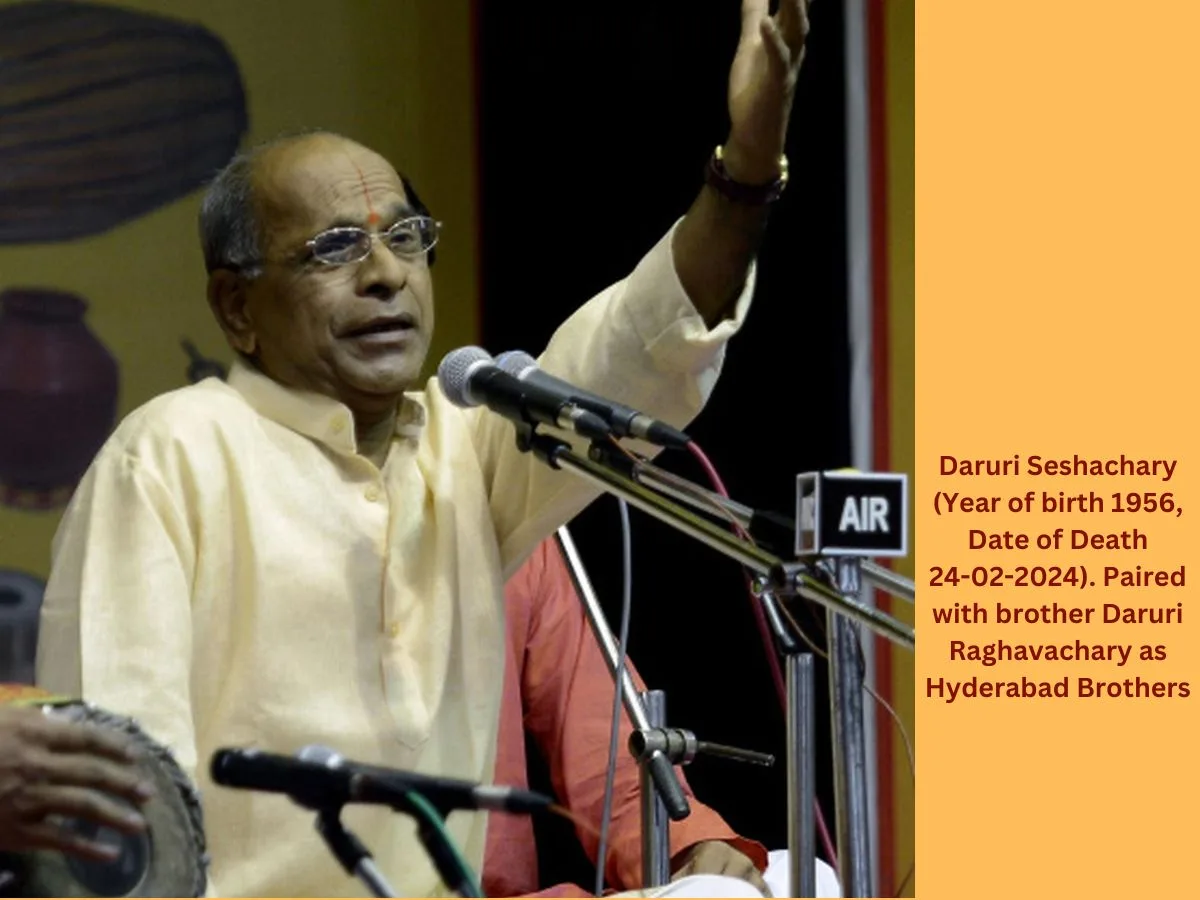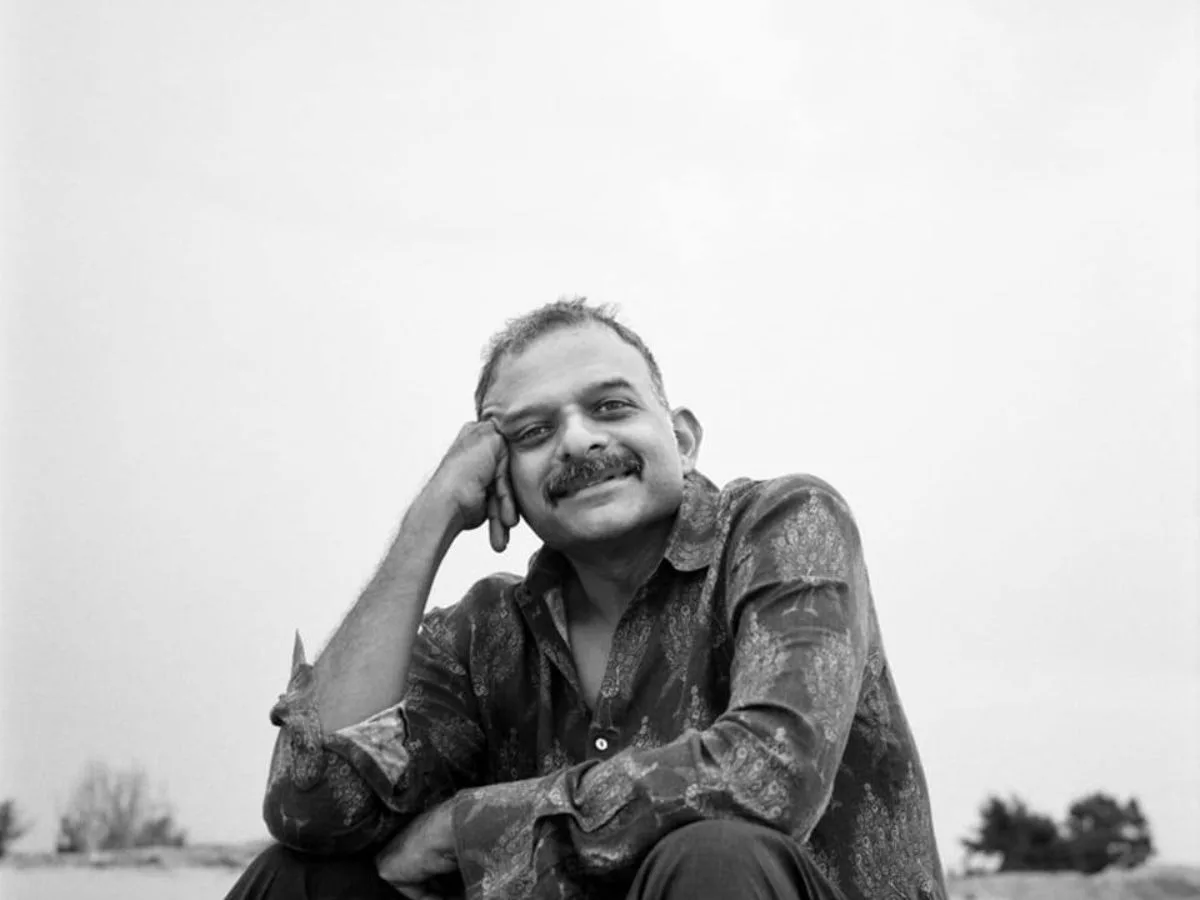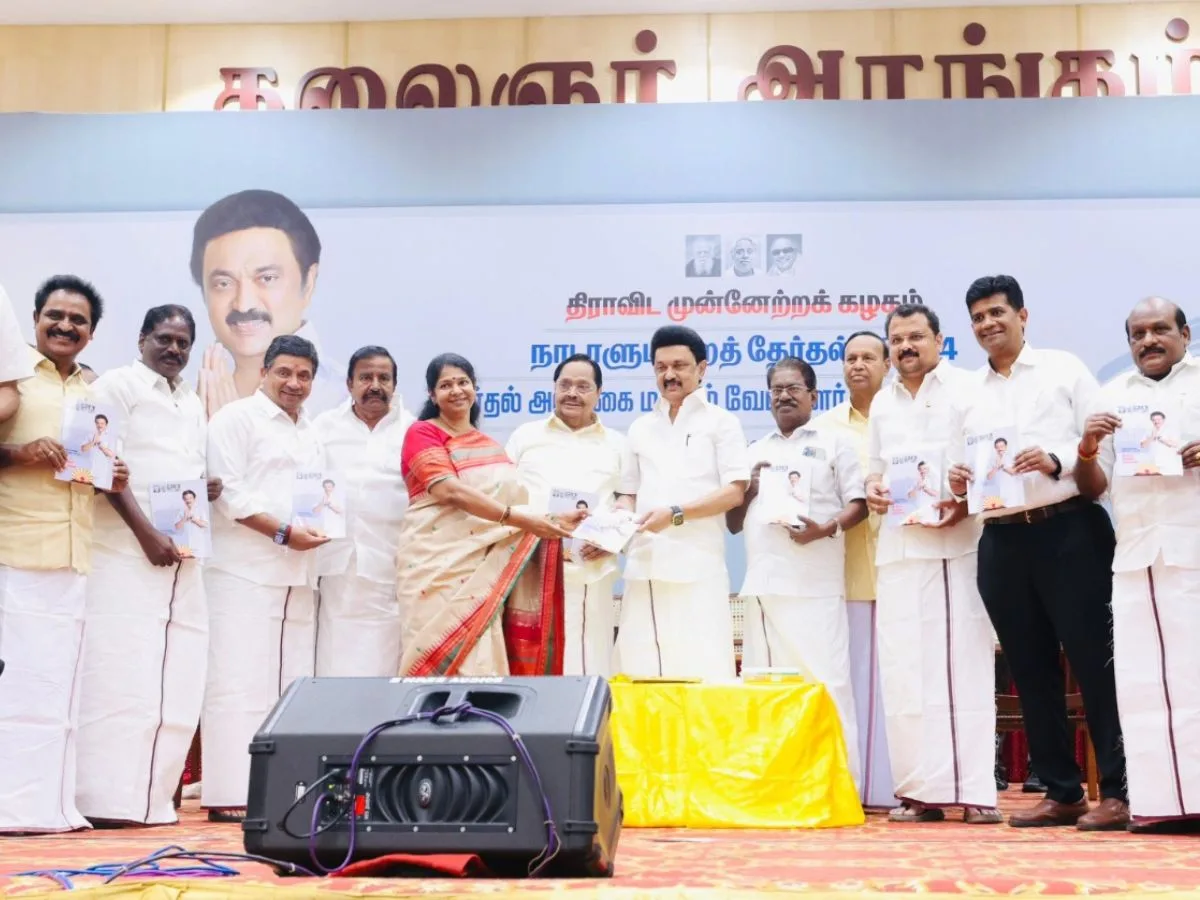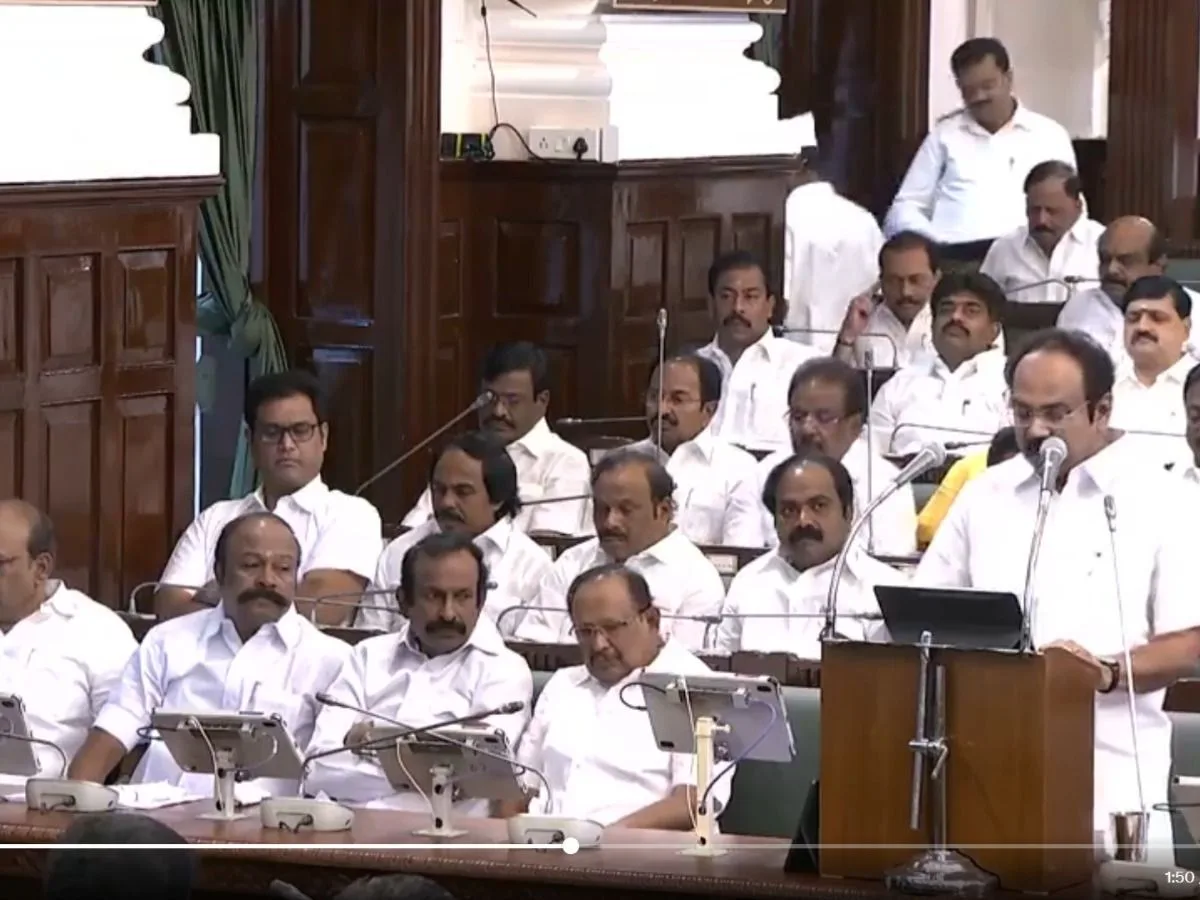Read in : தமிழ்
Before Independence, tor the British, sedition meant Indians working against the colonial government while in Tamil Nadu now the real meaning of sedition is democratic criticism of the government.
The Tamil Nadu government has not baulked at charging critics of the administration with sedition, a legacy of colonial rule and freedom struggle. Since bail is hard to get in these cases, sedition charges are pressed by today’s rulers of the state to cow down critics. But nearly all sedition cases end in acquittal or the filing of the case itself is thrown out by courts, say lawyers.
While the Union government has told Supreme Court that it will reconsider the sedition act, the Supreme Court has kept in abeyance all sedition cases now being heard.
Advocate V Pugazhendi explains the meaning of sedition as defined by the Indian Penal Code Section 124A that the British instituted. It says that speaking, writing against the Constitutionally formed government or denigrating the government or encouraging those who do so will be considered acts of sedition. But state governments put the stamp of sedition on those who fight for rights or critique state government policies or actions. For instance, in Sterlite, Koodangulam, CAA and others, those who protested government actions or criticized on social media were charged under Section 124A, he said.
In 2011, some 20 types of sedition cases were filed against nearly 9,000 people who participated in the agitation against the Koodangulam nuclear plant. DMK brought in the methane extraction project that the AIADMK government took forward. Sedition cases were filed against methane protesters.
Anti-Sterlite protesters were charged with sedition especially after the firing. Those who protested against the 2019 Citizenship Amendment Act were also charged with sedition. Statistics show that in the last 10 years many more people have been charged with sedition. During the AIADMK government, Vaiko was charged with sedition. Pro-BJP YouTuber Maridhas was charged with sedition by the DMK government when he made allegations regarding Gen Rawat’s copter crash in Nilgiris late last year.
Advocate V Pugazhendhi says that not even 1% of these sedition cases have led to conviction. Most cases have been dismissed by courts ruling that false cases had been filed
Pugazhendhi says that not even 1% of these sedition cases have led to conviction. Most cases have been dismissed by courts ruling that false cases had been filed.
India’s sedition law is a legacy of colonial India under the British. But even in the UK, the sedition act was abolished in 2008. “India’s misuse of the sedition act has only increased,” says Pugazhendhi.
V Suresh, advocate and national general secretary of People’s Union of Civil Liberties, says not only is bail difficult to get in sedition cases, but also the people charged suffer from the stigma of being anti-national. Those charged are eventually freed mostly. But the time they spend in prison and what their families went through is not addressed.
Some in the police file sedition charges on those who ask questions against the government. Though it often turns out the police had acted wrongly, no action is taken against them. Even when some police officers acting for some political leaders file these cases, they don’t face any consequences. “A key aspect of democracy is demanding one’s rights. It is totally unacceptable that those who ask these questions and raise demands should be charged with sedition,” he said.
Read in : தமிழ்











